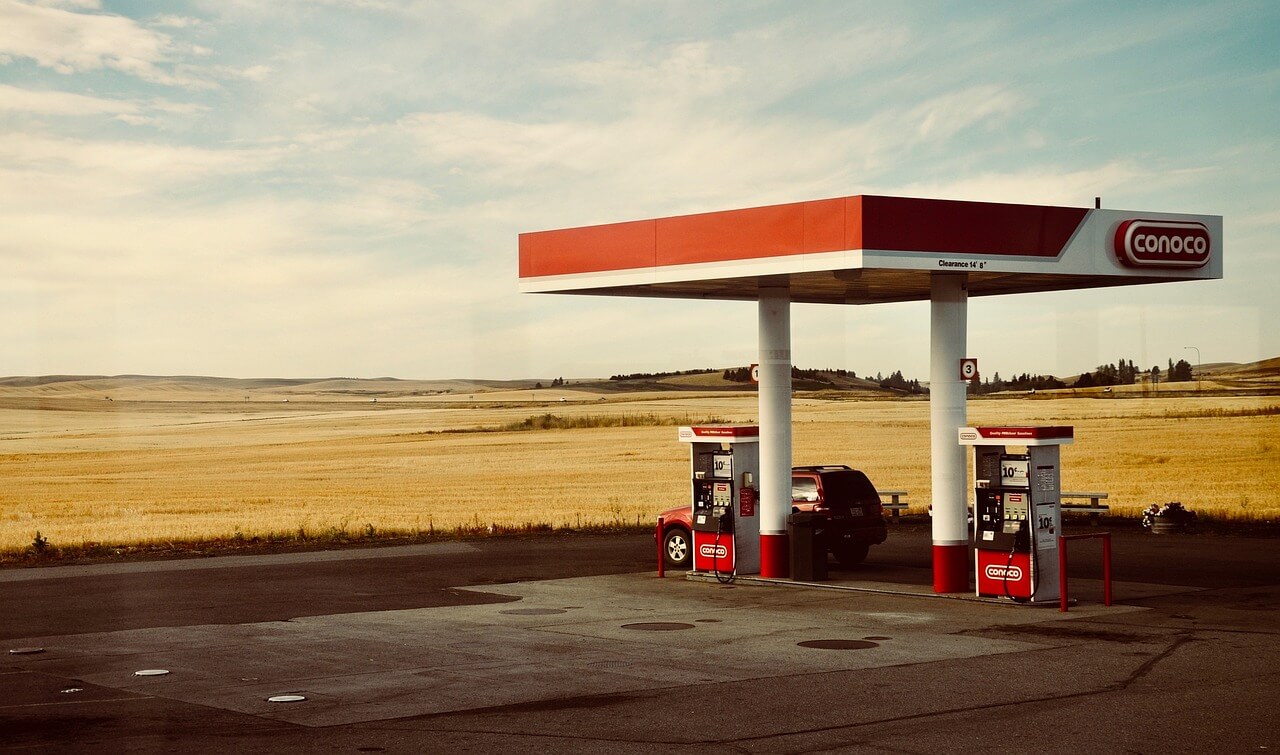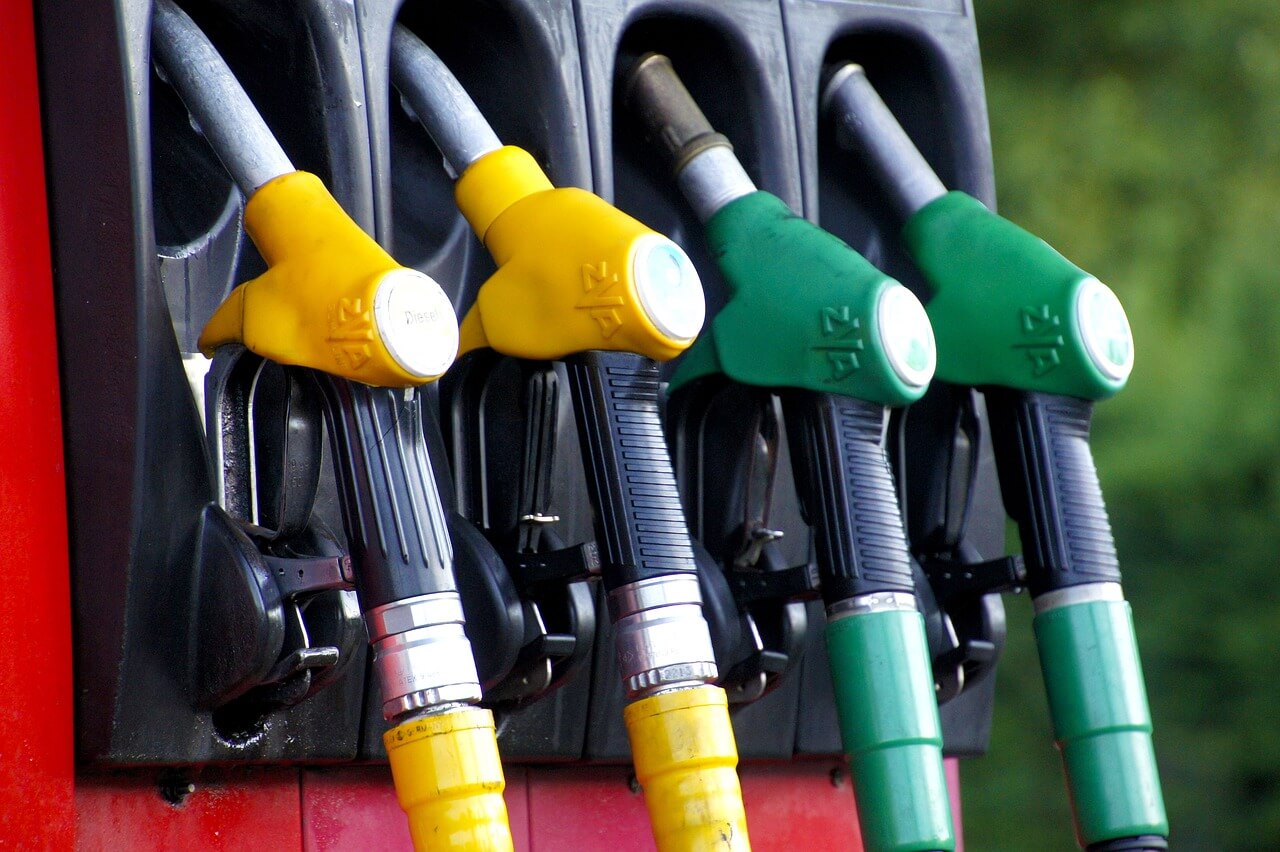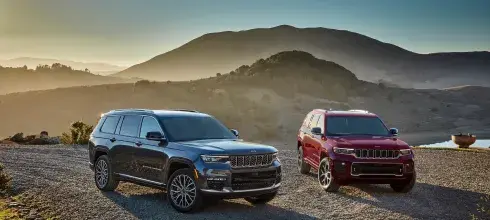There’s a paradigm shift going on in the automotive world as the technology for electric vehicles (EVs) is evolving quickly and reframing the market in pretty fundamental ways. With energy storage tech moving ahead the way it is, many speculate that in ten years time, the idea of an EV with an 800 pound lithium battery, 3 hour charge time and 400 mile range is going to be as antiquated as a Ford Model A. A technology that was once seen as not much more than a toy or a glorified golf cart is now seen as a contender that’s likely to overtake conventional internal combustion engine (ICE) cars in the marketplace.
More and more people are becoming mindful of sustainability and environmental concerns, and a vehicle that will never need motor oil or gas sounds pretty appealing. In this post we’re going to take a look at consumer preferences, evolution of the tech itself, the climate of the marketplace and analyze the impact that EVs are going to have when it comes to displacing ICE vehicles in coming years.
The Current State of the Gasoline Car Market
Considering that ICE vehicles have been around for well over a century, it’s not surprising that they still take up the bulk of the cars on the road today. It’s a proven and mature technology that keeps improving and evolving, and it has the advantages of familiarity for drivers, a robust infrastructure that’s already in place, affordability and technicians who are trained to service them. That’s all starting to shift, though.
Year over year, EVs are capturing bigger pieces of the market for new cars. Charging stations are becoming easier to find, battery technology and energy storage are improving, the range of EVs is growing and EVs are becoming more dependable. Governments around the world are offering incentives to get people into EVs and tightening up emissions standards on ICE vehicles, making them more appealing to drivers.
Maybe a bigger factor, though, is an increasing awareness of environmental concerns and the role that ICE vehicles play in climate change, with drivers and policymakers taking a harder look at EVs as an alternative. Granted, today’s ICE vehicles put out emissions that are cleaner than they probably ever were before, but these are all trends that suggest that ICE cars could be on their way out in coming years.
Factors Driving the Shift to Electric Vehicles
There are several considerations that are moving the needle toward EVs and away from ICE vehicles:
Government Policies and Incentives for EVs
Just like they did at one time for more efficient ICE vehicles, policymakers at the federal, state and local levels are incentivizing drivers toward EVs. Subsidies, tax rebates and grants are available to sweeten the deal, making them more attractive and more affordable on the front end. Some countries are more aggressive with their policies to attempt to curb carbon emissions, with some even putting a deadline on a complete phaseout of the sales of new ICE vehicles.
Technological Advancements in Battery Life and Charging Infrastructure
Energy storage for EVs might be the most exciting and innovative advance that’s going on right now. Batteries are becoming lighter, smaller and more efficient, and 300-plus miles of range isn't uncommon at all. The availability of charging stations is more widespread as well, and DC Fast Charging is in development now, a system that can charge a vehicle from 0% to upward of 80% charge in as little as 20 minutes. Automakers continue to research hydrogen fuel cell/EV alternatives too, which would mean a much quicker charge time and less demand on the power grid (although there are still a lot of hurdles to clear with this system).

Increasing Consumer Demand for Environmentally Friendly Transportation Options
More and more people are thinking about sustainability in their day to day routines, and when it comes to transportation, buses and subways aren’t always a good option. EVs might come with their own unique set of problems, but they also mean zero tailpipe emissions and a much lower carbon footprint.
Automakers are aware of this and are pushing to introduce new EVs and enhanced versions of the ones currently available, as well as new startup EV manufacturers disrupting the market as they get a foothold. The future will probably point toward expanded lineups of EVs, more choices, a wider array of price points and better quality, performance and range, making it easier for drivers to find the right EV for them.
Depreciation of Gas Cars: What to Expect
After the 70s fuel crises, it became really difficult to sell a gas-hog Cadillac or a big Buick wagon. If history is any indication, the same curve will probably kick in with ICE vehicles in coming years.
Historical Perspective on Technological Shifts and Vehicle Values
Aside from the surge in used car prices post-Covid, it’s axiomatic that a new vehicle loses 20-30% of its value as soon as it’s driven off the dealer’s lot. Analysts forecast steeper depreciation for ICE vehicles in coming years, as hybrids, mild hybrids and EVs start to slowly render them obsolete.
Expected Depreciation Rates for Gas Cars in the Coming Years
The Model T made the horse and wagon obsolete, and it’s expected that EVs might well do the same thing for ICE vehicles, which would speed up depreciation and torpedo their value on the used car market. .
Impact of Potential Bans on Internal Combustion Engine Vehicles
It might seem harsh, but some areas are contemplating complete bans on ICE vehicles, with some implementing those changes as early as 2030. If that does come about, expect resale values for ICE vehicles to absolutely drop off a cliff.
The Role of the Used Car Market
Plenty of drivers will never purchase a new car in their entire lives, and that’s where the used car market drives prices and market patterns. Even as new technologies come forward, the used car market keeps older vehicles in circulation, but that’s all likely to shift in big ways with wider adoption of EVs.

Potential Decline in Demand for Used Gas Cars
Infrastructure for EVs is expanding, prices are coming down (especially as more EVs hit the used car market), and that’s likely to make even high-MPG ICE cars look less attractive. Then as more used ICE cars hit the resale market, that glut of availability could be enough to drive prices down even more.
Scenarios Where Gas Cars May Retain Value
Rural areas may stick with ICE vehicles for a lot longer, as charging stations might not be available for some time. Work vehicles for landscaping, construction or service might continue with ICE designs, and of course collectors and enthusiasts will always want to restore and preserve vintage cars.
Will Gas Stations Become Obsolete?
The jury is probably still out on this, to be honest, but obsolescence of gas stations is probably quite a ways down the road even as EVs become more prevalent.
Gradual Decline in Demand for Gasoline
EVs would, of course, mean a dropoff in the demand for gasoline, which would also drop fuel and oil prices. Especially in urban areas where people tend more toward EVs and charging stations are easier to find, some gas stations will probably close or repurpose themselves to also cater to EVs.
Adaption of Gas Stations
Think about a time in the future when gas stations offer both fuel and charging stations, and diversify to include cafes, coffee, quick-serve restaurants and other amenities that could lure in both ICE and EV drivers.
Continued Relevance in Rural and Remote Areas
As noted above, rural and remote areas will probably be some of the last to adopt EVs since charging stations would be scarcer, which would make conventional gas stations viable for a long time to come.
Considerations for Gas Car Owners
If you’re planning on hanging onto your ICE vehicle:
- Weigh the benefits of an EV vs a potential decline in your ICE car’s value
- Choose a car that’s known for its reliability in case you do decide to sell at some point
- Keep up with maintenance and keep records in case you sell (and, of course, to keep it dependable)
The Future of Hybrid Vehicles
Since they bring together ICE and EV technology, hybrids are transitional tech. They can be a great idea if you’re in an area where EV charging infrastructure is still scarce, and can help you adapt to driving an EV while still having an ICE engine to fall back on when you need to. They also, of course, beat the fuel economy of a conventional ICE by a wide margin, and are likely to retain their value better than ICE vehicles as time goes by. In other words, hybrids, plug-in hybrids and mild hybrids can be a great compromise if you want extra efficiency and the ability to get some battery-only range, but you don’t want the “range anxiety” that can come with an EV. And as for that extra efficiency, even a big vehicle like a Chevy Tahoe hybrid can get 23 mpg on the highway, while the Ford Maverick hybrid truck gets a predicted 38 mpg overall.
All these factors - technology, environmental awareness, market forces, consumer preferences, governmental leverage like incentives and rebates - are likely to change the landscape for both EVs and ICEs in coming years. Still, we’re not going to write the obituary for ICE vehicles anytime soon, as they’re likely to still be desirable for certain professions and for rural areas. It’ll all depend on how quickly or slowly adoption of EVs comes about, and the best thing to do is to watch the market, take the temperature and see what direction things take in coming years.






